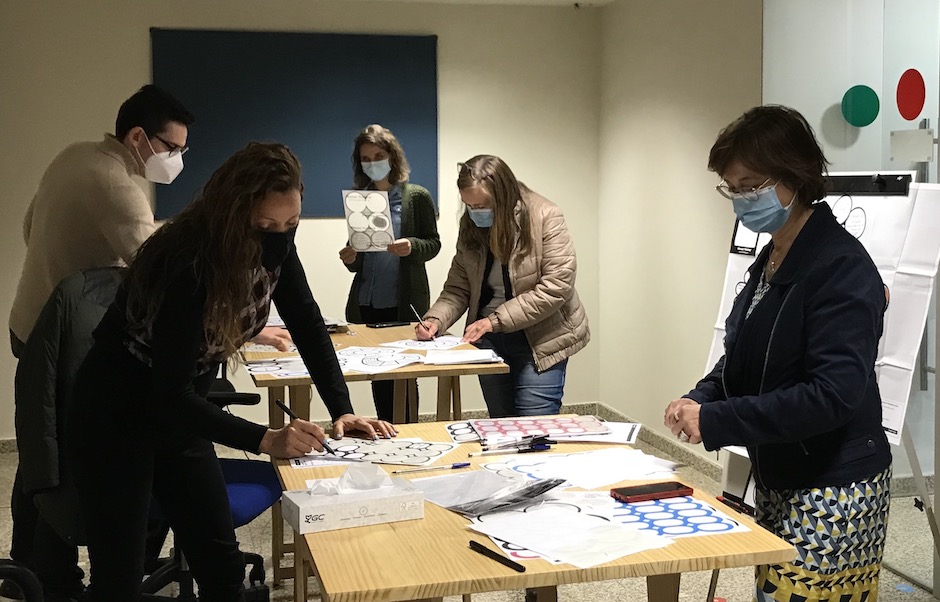The ORION MELTIC project coordinated by the Instituto de Salud Carlos III, has run its first co-creation workshops together with stakeholders from different sectors of society. The project, which started on 1st March 2020, brings together two disciplines; health as well as information and communication technologies (ICT), and will improve the quality of life of European citizens in small communities.
The aim of the MELTIC Project (Ideas MELting pot for TIC and Health Science for Citizens in Small communities) this project is to make research activities in ICT in the area of health and biomedicine more open, transparent, and accessible in order to increase their social impact and thus contribute to improving the quality of life of European citizens in small communities. The project will also support innovative and exciting initiatives that bring together different stakeholder groups to co-create research in ICT in health and biomedicine.
The project is led by Victoria Ramos, Telemedicine and Digital Health Unit at Instituto de Salud Carlos III, ISCIII. The MELTIC project also includes four European partners from Italy, Portugal, Romania and Spain. All of them represent small and isolated communities such as; La Palma del Condado Municipality in Huelva, Spain, Mirabello Municipality in Italy, Deta in Romania and Reguengos de Monsaraz in Portugal.
The Meltic project will generate cooperative suitable research ideas in topics such as self-learning, discriminatory misinformation and addiction prevention (compulsive gambling, gaming and betting). The leading issue is how to use smart technologies to transform public spaces in small communities into people-friendly humane environments.
The first trainings and co-creation workshops have been held at ISCIII in Madrid with participants from different departments within the institution and from Castilla La-Mancha University. An another events were held in Palma del Condado and in Deta in Romania. The co-creation workshops brought together different stakeholders from business, academia, society and local residents. At heart of the co-creation workshops was a discussion on how to make use of existing public spaces and/or build new ones, focusing on the following three different areas:
- Aspects of interaction among users, ICT and social behaviour
- Spatial analyses, planning methodologies and public involvement
- On-line gaming

The ideas generated in the co-creation workshops will be compiled in a 100 ideas Vademecum. The next steps in the MELTIC Project will be to create a digital dossier in order to facilitate the 100 ideas Vademecum.
More information
For more information about the MELTIC project please get in touch with Iris de San Pedro Botas, Technical Officer at the Instituto de Salud Carlos III and have a look at the MELTIC website.